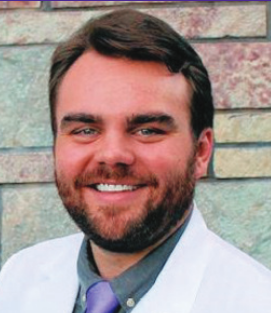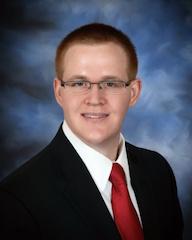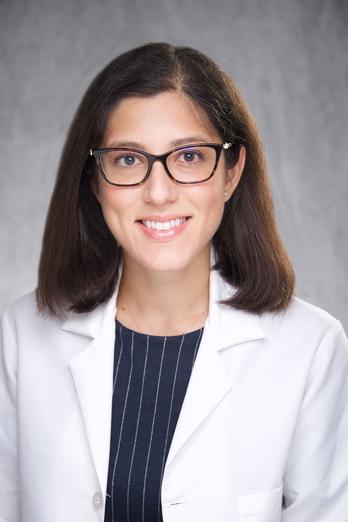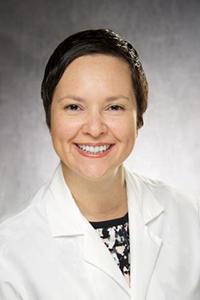
Today we are thrilled to announce that Dr. Benjamin Palmer has joined our division as a new pediatric endocrine fellow. He will serve three years in this role, after which he will be a full fledged board eligible pediatric endocrinologist. Dr. Palmer received his Osteopathic Degree from Des Moines University having completed undergraduate studies at Central College in Pella Iowa. He just completed a three-year pediatric residency at the University of Iowa Children’s Hospital. While a resident he demonstrated an outstanding aptitude for and interest in pediatric endocrinology. He worked on several endocrine research projects, including one that culminated with a publication in the Journal of Diabetes Science and Technology (link) as well as a clinic protocol chapter on hirsutism. Welcome Dr. Palmer!!








